The Gift of a Book
On becoming a gift giver, toys vs. books, and Wodehouse as a remedy for lost laughter.
Until my mid-thirties, I wasn’t a “gift person”. I loved giving them, when I occasionally did, but I hated (still hate) receiving them, and my dad was always clear with us that he didn’t need a present on Father’s Day or his birthday to know he was loved by his kids, so I ended up as someone who generally doesn’t give gifts and please don’t bother giving me anything.
Then I saw a beautiful little documentary called Hello, Bookstore.1 It’s about a guy who runs an independent bookshop where he answers the phone with the film’s title, every time. The documentary is a visual stream of consciousness built out of wonderfully mundane daily moments. In one of those moments, the guy tells his daughter, “Last night I found a book for you, on my shelf, and I’m gonna’ give it to you for your birthday.”
This bookshop owner connects everything he reads to the life he lives and the people he meets. He has a quote for all moments, a book-related story for any audience, a reading recommendation for every person. When he reads, he sees the friend for whom that book would be a perfect fit. This seems like a gift in itself: to look at books in the context of people you care about and see a novel as a compliment to a friend’s best qualities, or a challenge they’ll enjoy, or a companion they deserve.
I decided right there, before the film was over and the lights came back up, to start giving books as gifts to the people I love. I thought maybe the people I hate should get mystery novels with the last chapter torn out, but for now it’s just good books for good people.
Last month, my niece turned five and I went hunting for the right book for her. I knew that — in the moment of ripped-paper unwrapping — a book would be far less exciting than the toys she’d get from others, but I was hopeful that my gift might last in a way that flashing lights and plastic don’t. I chose a book called What We’ll Build by Oliver Jeffers. It’s a picture book about a dad and his daughter who use their hands and tools to build a life together.
The book is pretty wonderful in how it plays with the idea of “making”. Your world is what you make of it, and it’s filled with what you make in it. Sometimes you put together a piece of furniture out of the jigsaw slats and dowels and screws that come out of the box; sometimes you put together the pieces of your life left strewn around your feet. You create meals and games and toys and opportunities.
My brother is a handyman, and his daughter loves playing with his tools, so he got her a plastic hammer and plastic screwdriver, and the two of them paint their house and put up shelves together. For my brother and my niece, building a life is both a metaphor and a reality.
I don’t care that the book was written about the author and his real-life daughter — the book is absolutely about my brother and my niece. With What We’ll Build, fiction reached right into fact and put it on the page.
I gave my brother and my niece a book about making things because I hoped it might be a part of how they make sense of their life together, hoped it would add to the meaning they make out of what they’re building. That’s one of the main reasons I buy books for anyone. Yes, also because they’ll enjoy it, that too. But I always gift a book with a reason in mind for why this book and this friend.
Sometimes I leave the reason implied, or I gesture at it with a note scrawled on the title page or a scribbled quote that hints at something. Sometimes I tell them outright — I saw this and remembered you said you were interested in... or You told me you never laugh, and that seems a miserable way to live, so here’s some Wodehouse.
Actually, somebody did gift me a copy of Wodehouse once and it did teach me how to laugh after I’d forgotten what laughing felt like.
I was in the hospital, having suffered what used to be called a nervous breakdown, though it probably has some technical terminology now, but I just say I was so depressed I was thinking about dying until I stopped just thinking about it. (This is where, if we were talking face to face, I’d insert some self-deprecating or incredibly dark joke to break the seriousness of the moment. Please pretend I said something disarmingly witty and let’s move on.)
My dad came to visit and, despite never wanting gifts for himself, he brought me two books. The first was a collection of journalism from a guy who’d reported from Iraq. My dad might have mentioned why he’d brought that one, but other people’s voices went in and out of my head without leaving any mental residue. I had to work hard to read, but reading took me out of the hospital ward. I got to leave reality for a bit, got to forget that I was smoking bummed cigarettes in a walled-in concrete garden or sitting alone on a hard bed with thin sheets.
The other book from my dad was some Jeeves and Wooster stories. I read the first one and nothing inside me moved. Over the next few stories, I started recognising punchlines as punchlines, and something in my brain told me, That’s a joke right there. Eventually, I snorted a few times, a sharp exhale that’s not quite a laugh, more of an acknowledgment of humour. Then I started laughing. Bertie Wooster and his man Jeeves (not a butler, though he “can buttle with the best of them”) had me smiling, grimacing, giggling like an idiot.
I guess it’s true to say that the first book let me forget and the second helped me remember.
I don’t know if Wodehouse coaxed me out of the depression that had stopped me laughing, or if I was already coming out of it and his writing accompanied me along the way, but it didn’t matter.
The book was with me like a patient friend and reminded me that there were worlds apart from my sadness, and there were other lives to be lived out there, and other feelings to be felt, and that my dad cared about me, that’s why he gave me books.



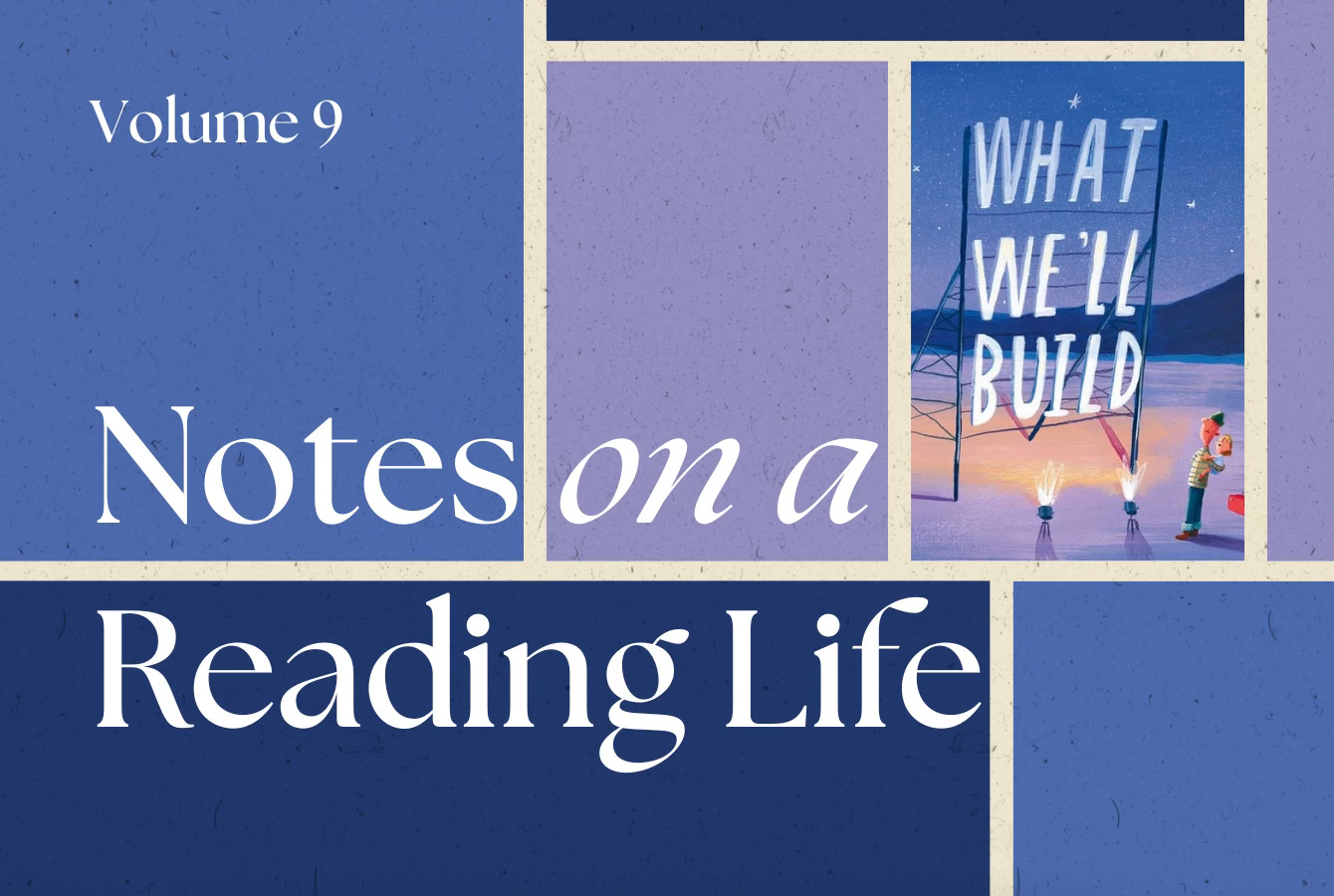
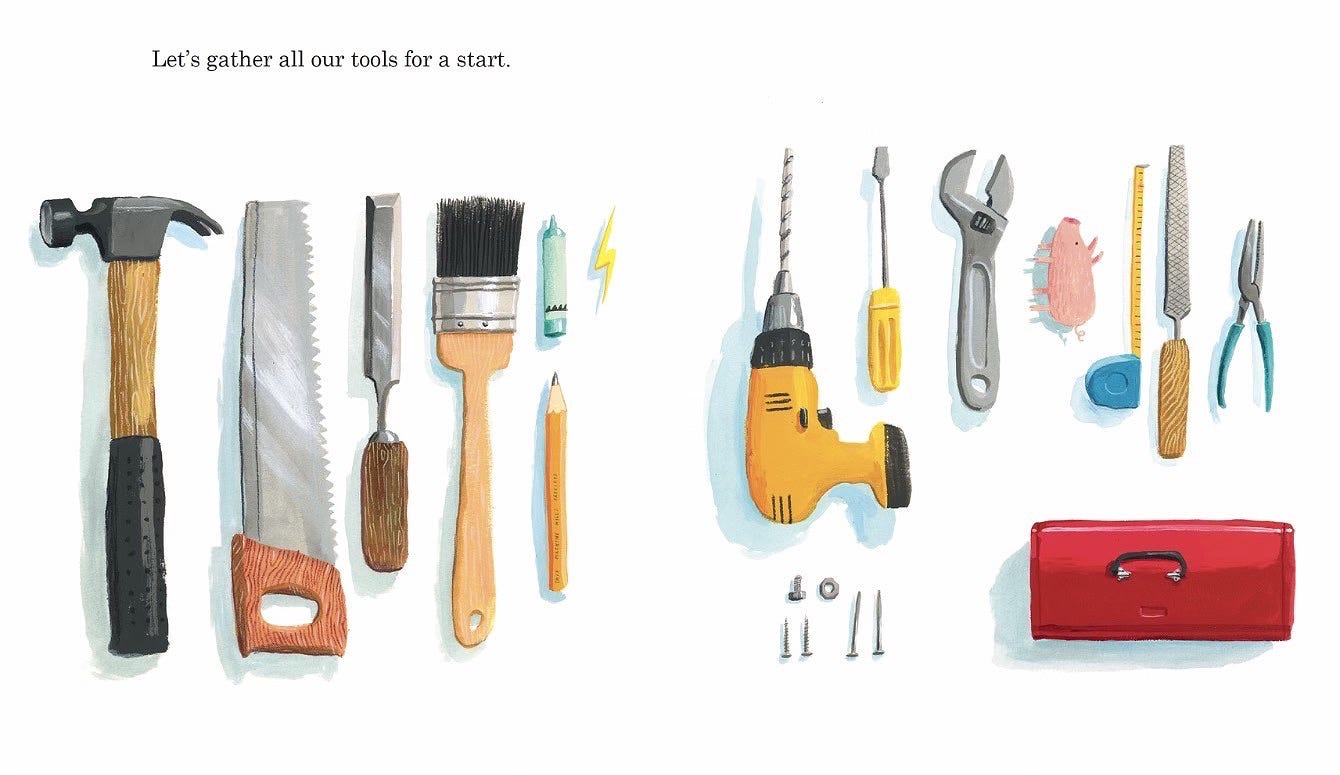
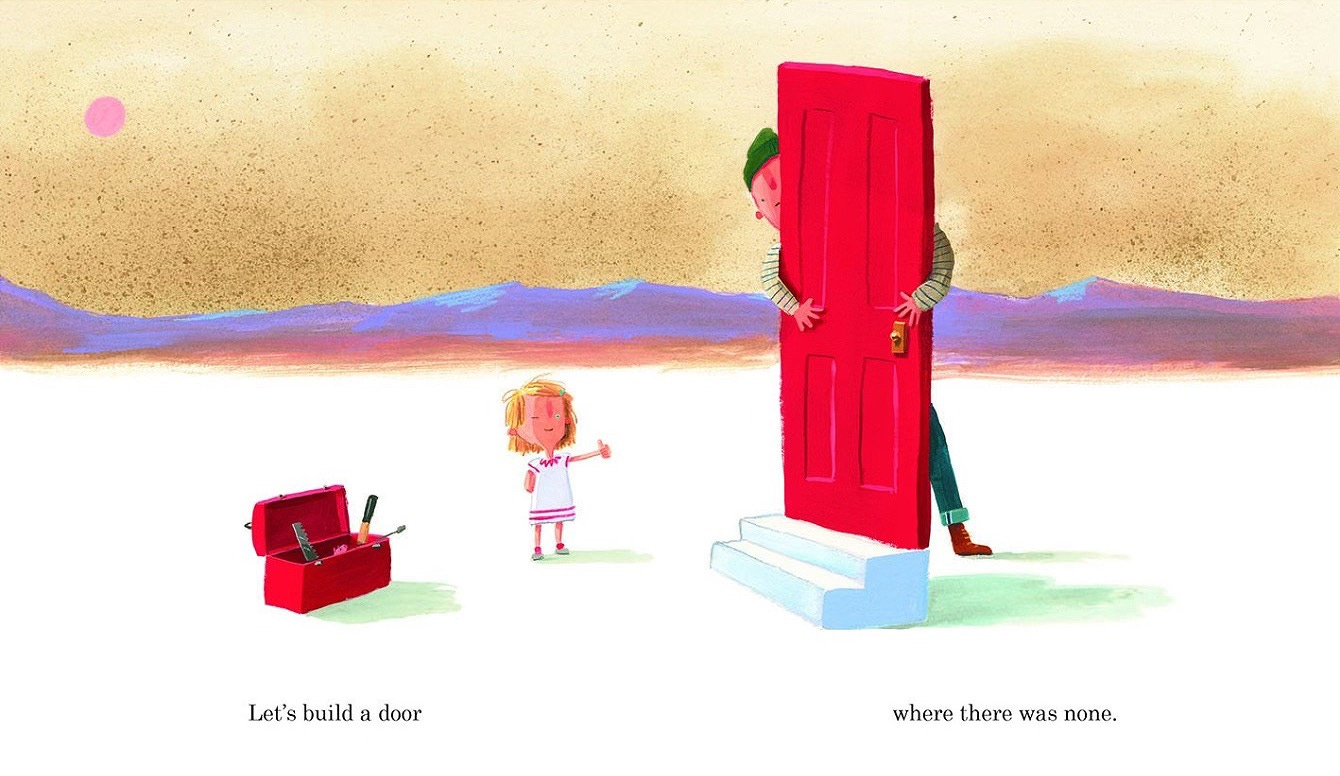
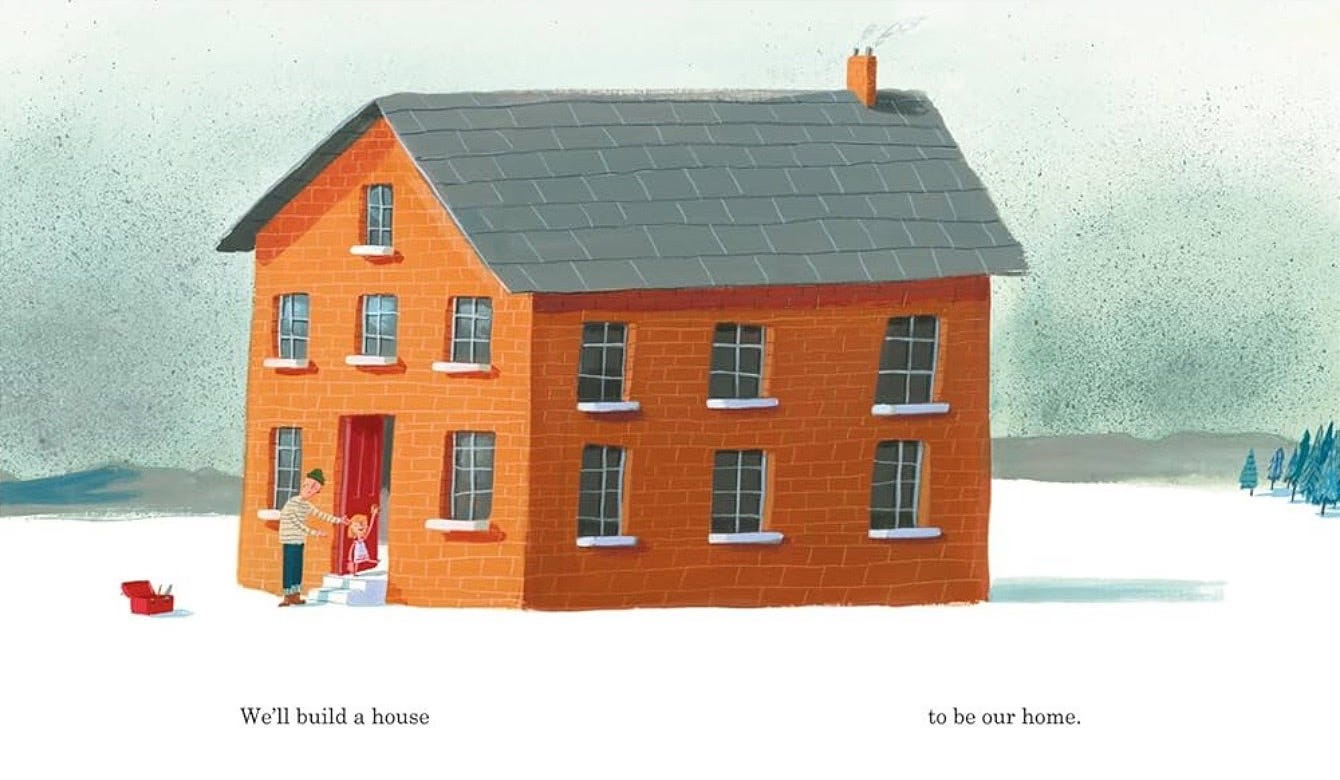
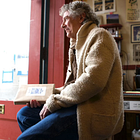
"I decided right there, before the film was over and the lights came back up, to start giving books as gifts to the people I love. I thought maybe the people I hate should get mystery novels with the last chapter torn out, but for now it’s just good books for good people."
Matthew, I hope you know just how funny that center bit is. And cleverly done, so snugly wrapped up in honest warmth. My heartiest thanks and sincere respect.
My favourite thing about gifting books is writing a personal message inside the cover.